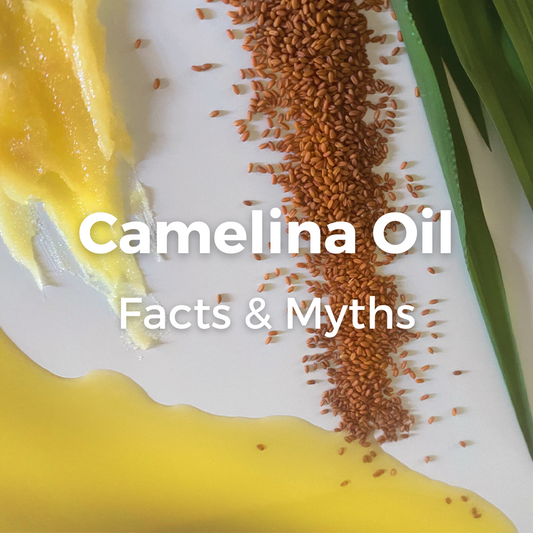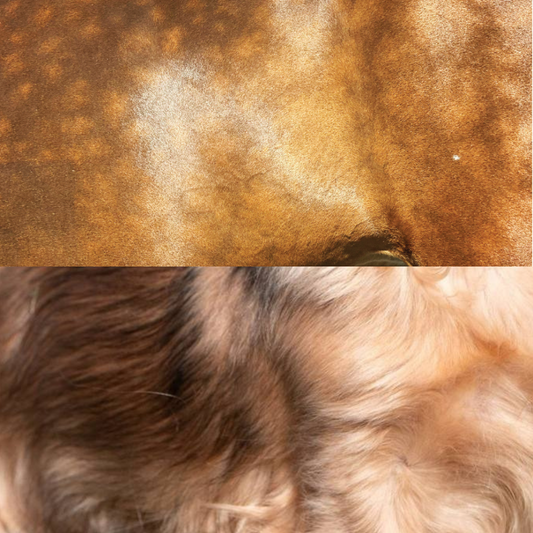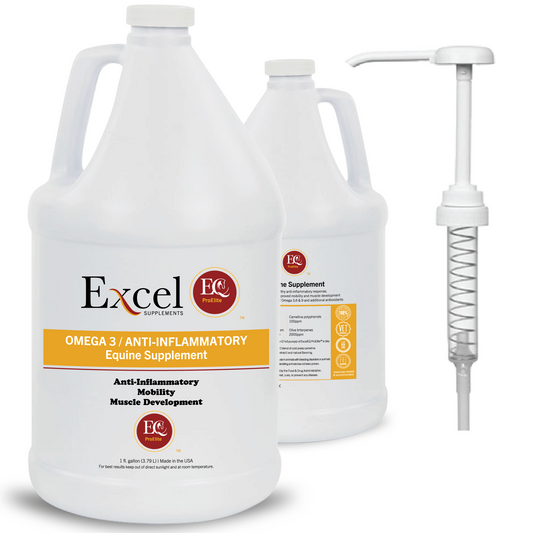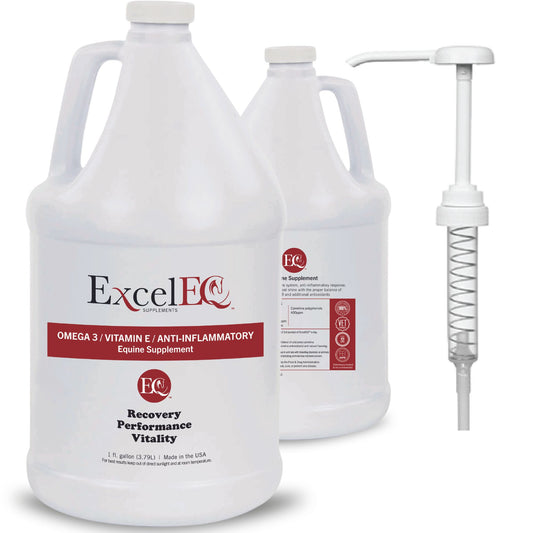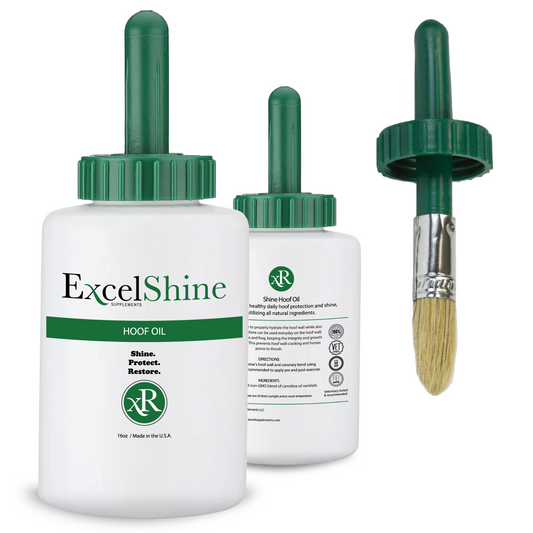Eliminate Equine Encephalitis: Horse Owners Guide
Share
Understanding Equine Encephalitis
As summer heat and humidity rise, it's crucial to keep an eye on your horses to prevent potential health risks. In particular, risks such as Equine Encephalitis, often referred to as "Sleeping Sickness". This is a serious viral infection spread by mosquitoes. Mosquitos carry the virus after feeding on infected birds. There are three main types of this virus:
- Eastern Equine Encephalitis (EEE): Common in the Eastern United States and Canada.
- Western Equine Encephalitis (WEE): Found from Argentina to Western Canada and the US states west of the Mississippi River.
- Venezuelan Equine Encephalitis (VEE): Predominantly in Central and South America, however it has also been reported in Mexico and the US.
Risks and Symptoms of Equine Encephalitis
That said, the risks and fatality rates differ widely depending on the type:
- WEE: Approximately 50% fatality rate.
- VEE: Fatality rates between 20% to 80%.
- EEE: The highest fatality rate at 90%.
After a mosquito bite, the virus has an incubation period of 3 to 7 days, during which it is not infectious. Once active, the infection leads to severe brain and nervous system inflammation. Key symptoms to watch for include:
- Biphasic fever (usually on day 2 and day 6)
- Stiffness
- Behavioral changes (e.g., hypersensitivity, aggression, wandering, constant chewing)
- Head pressing
Therefore, if you observe these symptoms, contact your veterinarian immediately. They will diagnose the condition through a physical examination and blood tests to detect antibodies. In most cases, treatment involves intravenous fluids to combat dehydration and anti-inflammatory medications to reduce brain swelling.
Impact on Humans and Other Animals
Additionally, Equine Encephalitis also affects humans and various animals, including mammals, birds, reptiles, and amphibians. In humans, symptoms start with fever, headache, and body aches, potentially progressing to disorientation, seizures, and paralysis. Severe cases can lead to brain damage, coma, and death. Just like horses, there is no cure for Equine Encephalitis in humans or other animals, only supportive treatment with fluids and anti-inflammatories.
Preventive Measures
As a result, prevention plays a vital role. To minimize the risk of Equine Encephalitis for your horse, implement these mosquito control strategies:
- Eliminate Breeding Grounds: Remove any stagnant water sources where mosquitoes can breed.
- Use Repellents: Apply insect/mosquito repellent to your horses.
- Adjust Turnout Times: Avoid turning out horses during dawn and dusk when mosquitoes are most active.
- Create Airflow: Use fans or open windows in the barn to deter mosquitoes.
Vaccination: Your Best Defense
The most effective way to protect your horse from Equine Encephalitis is through vaccination. Zoetis™ offers a comprehensive vaccine that safeguards against five fatal viruses: EEE, WEE, Rabies, Tetanus, and West Nile. Consult your veterinarian to ensure your horse receives this crucial annual vaccine.
Consult Your Veterinarian
Finally, for accurate diagnosis and treatment of Equine Encephalitis, always consult your veterinarian. They can provide the best advice and care tailored to your horse's needs.
For further information, you may refer to these resources:
- Eastern, Western, and Venezuelan Equine Encephalomyelitis Factsheet
- Veterinary Medical Center at the University of Tennessee Fact Sheet
- Integrated Mosquito Management for Public Health
- AAEP Vaccination Guidelines
- Neurological Sequelae from Encephalitic Alphavirus Infection
Protect your horse from Equine Encephalitis and ensure their health and safety by following these guidelines and consulting with your veterinarian.

